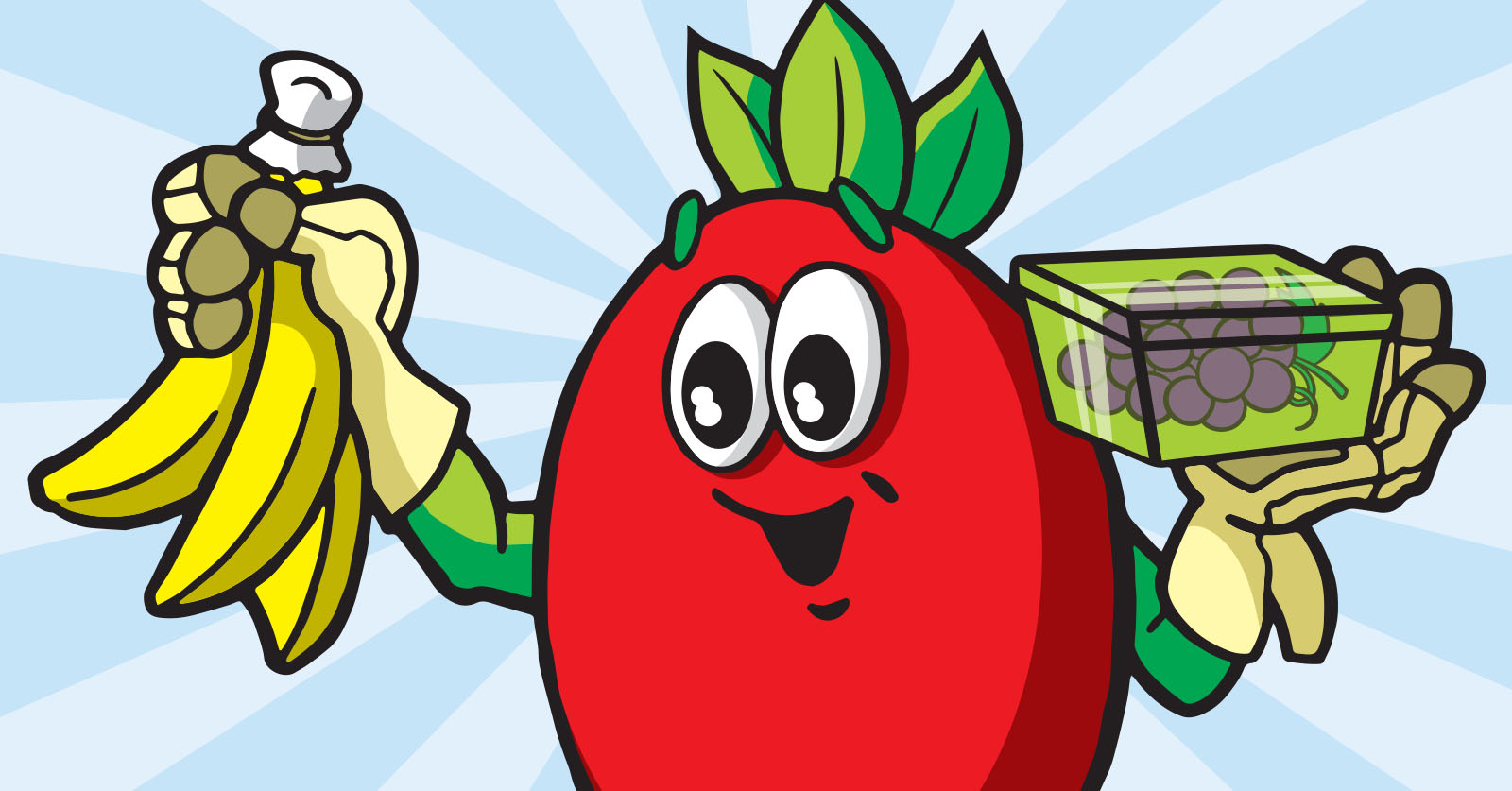One in nine South Carolinians – including one in seven children – are food insecure according to Feeding America. Donation of wholesome food and nonperishable food items is an integral part of helping feed those in need.
Anyone can be a food donor. Farmers, manufacturers, grocery stores, businesses and individuals can donate nonperishable items to food banks. Restaurants, caterers, hotels and other food establishments can donate produce and prepared food to rescue organizations.
All food safety requirements must be followed when donating food.
What can be donated to food banks?
Food banks accept dry and canned food donations – basically any food that is shelf-stable or nonperishable. Specifically, food banks often need these items:
- Apple sauce
- Beans (dried, and in one-pound bags)
- Canned fruit and vegetables
- Canned chicken and tuna
- Cereal (particularly those low in sugar and high in fiber)
- Instant mashed potatoes
- Macaroni and cheese
- Pasta (one-pound boxes)
- Peanut butter
- Ramen noodles
- Rice (one-pound bags)
- Single-serve boxed breakfast items
- Single-serve pop-top canned meat
- Soup, stew and chili
Always check with your local food bank to see what is accepted and needed as well as food date and safety requirements before donation.
What cannot be donated to food banks?
- Items needing refrigeration
- Leftovers
- Food with damaged packaging
- Baked goods
- Home canned or jarred products
- Cans without labels (donations must be made in their original packaging)
Where can I donate food?
Feeding the Carolinas provides a food bank finder.
Am I protected when I donate food?
The Bill Emerson Good Samaritan Food Donation Act protects donors from civil and criminal liability should the item(s) donated in good faith later cause harm to the recipient. The U.S. Department of Agriculture provides additional information on the federal legislation.
In addition, South Carolina law provides similar liability protection for food donors through S.C. Code of Laws §§ 15-74-10 et seq.
Any tax incentives?
The Harvard Food Law and Policy Clinic along with the University of Arkansas Food Recovery Project provide a legal guide or companies.
https://www.usda.gov/foodlossandwaste/donating
